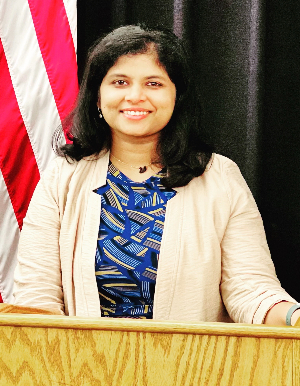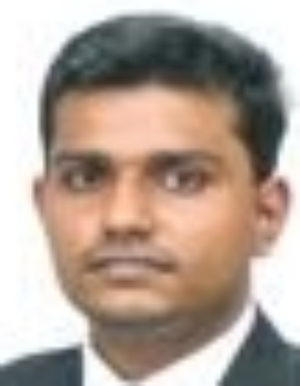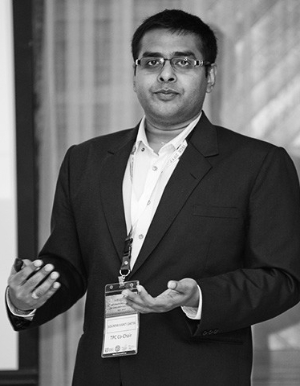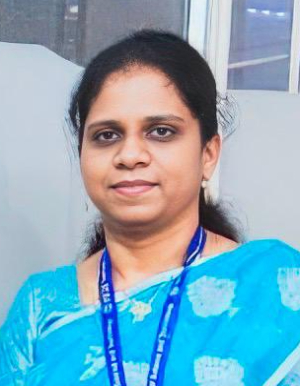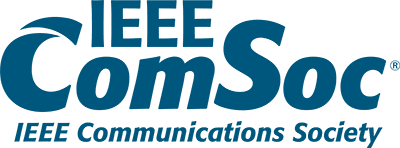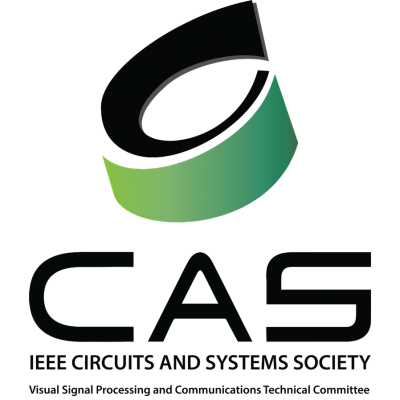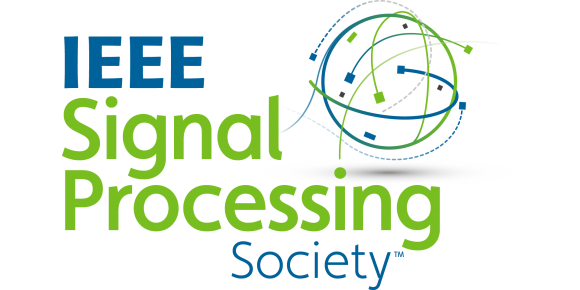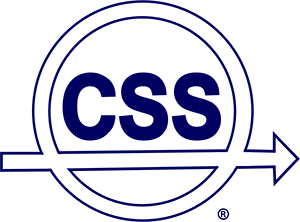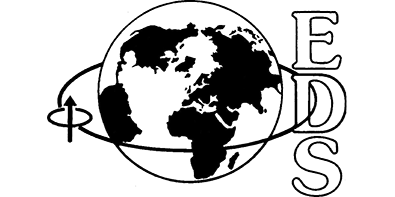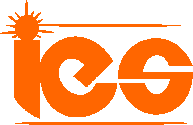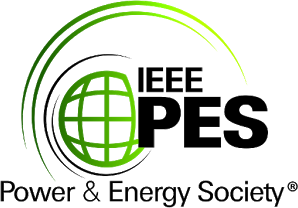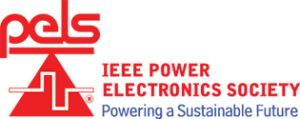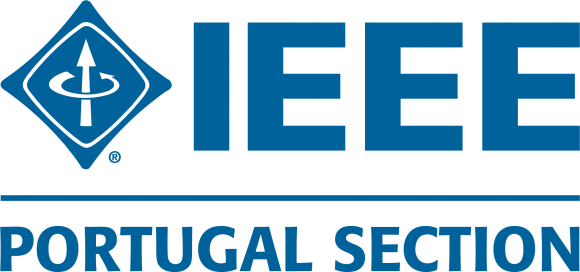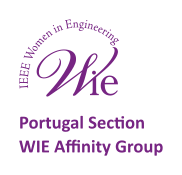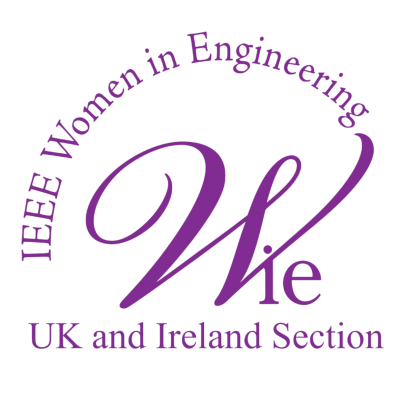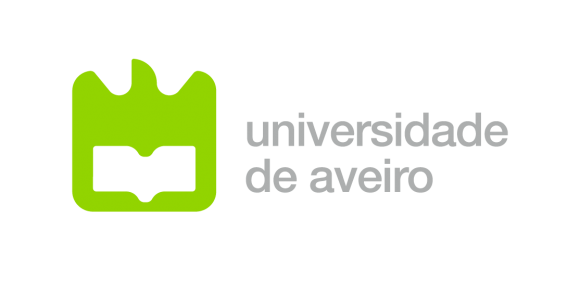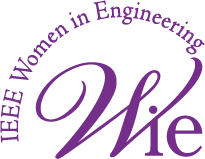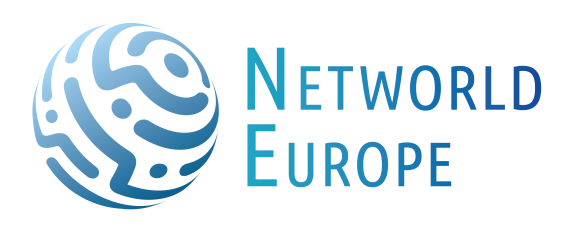Internet of Robotic Things
Track ID: Spes-06
Description
The United Nations expects the number of people living in urban areas in 2020 to double by 2050, while the global population will increase from 7 billion to 10.9 billion. Currently, half of the world’s population lives in cities. There is a need for innovative solutions to various problems associated with the increase in population growth in urban areas, such as environmental and transportation issues. The ‘ smart city’ refers to an innovative city that combines and integrates various information and communication technologies (ICT) to improve quality of life and enhance the efficiency and competitiveness of urban operations while improving the socioeconomic and environmental needs of its current and future residents. The basic framework of the smart city includes sensors and support technologies that gather information on various quality-of-life performance indicators from the urban areas for continuous monitoring, intervention, and improvement. The data is collected by the Internet of Things (IoT), which refers to a network of interconnected heterogeneous devices where each device is recognizable. The real-world devices are connected to cloud storage using IoT, which advances the computing capacity of each framework. Countries worldwide raced to restore order in their citizens’ lives. In regions where smart city technology had been established, the response to the pandemic was swift due to extensive IoT infrastructure. Urban areas are highly susceptible to not only pandemics but also to natural disasters such as floods and earthquakes, as well as human-caused disruptions such as terrorism and cyber-attacks. IoT-based smart cities prove improved resilience against such troubles. Furthermore, IoT-based technologies find their application in monitoring and mitigating the impacts such as air and water pollution due to urbanization and population growth in smart cities. The next framework for a thriving smart city depends on implementing robotics, one of the most critical “last-mile technologies”. Robots integrate into a smart city framework by effortlessly allowing e-commerce companies to process a larger number of orders within the shortest possible time and execute more last-mile deliveries, conduct dangerous and critical search and rescue missions, intervene to maintain a healthy environment based on collected data, and numerous other tasks which would otherwise be resource intensive.
This special session calls for contributions to IoT frameworks that use robots as end devices. We will invite people from Academia and Industry to contribute to this special session. Suggested topics include:
- Multi-modal sensing using IoT frameworks.
- Integration of Drones for IoT applications.
- Remotely Operated Vehicles (ROV) and Autonomous Vehicles for underwater IoT applications.
- Computer vision in IoT frameworks.
- Challenges in Underwater Imaging – data acquisition and transmission.
Paper Submission Deadline
Important Dates:
- Deadline for Paper Submissions: July 30th, 2023
- Acceptance Notification: September 8th, 2023
- Deadline for Camera-Ready Paper Submissions: September 29th, 2023
- Deadline for Presentation Submissions: October 2nd, 2023
Papers should be six (6) pages in length and follow the instruction provided for the main Conference. The conference allows up to two additional pages for a maximum length of eight (8) pages with payment of extra page charges once the paper has been accepted.
Please submit your paper for this Special Session using the link to eWorks:
Call For Papers:
If you have any questions, please contact Dr. Prabha Sundaravadivel: psundaravadivel@uttyler.edu
Chairs
Prabha Sundaravadivel: The University of Texas at Tyler
Dr. Prabha Sundaravadivel received her Ph.D. Degree in Computer Science and Engineering at the University of North Texas, Denton, Texas in 2018. Her research interests are focused on developing Application-specific architectures for Smart Healthcare and Smart Cities, Sustainable Cyber-Physical Systems, Edge-Intelligent Embedded Systems for IoT Applications, Reconfigurable Computing, Bio-inspired Robotics, and Applied Machine Learning. She earned her Bachelors of Technology (B. Tech) in Electronics and Communication from SRM University, Chennai, India, in 2011 and Masters of Technology (M.Tech) in VLSI design from VIT University, India, in 2015. Currently, she is employed as an Assistant Professor in the Department of Electrical Engineering at UT Tyler since Fall of 2018. She manages a diverse group of Grad, Undergrad, and High School student researchers as the Director of the Intelligent Systems Laboratory (ISL) at UT Tyler. She received the “Outstanding Early CAREER Researcher award” from IEEE Bio-inspired Computing in 2022. She has also been recognized as a “Faculty Scholar” in the Grace Hopper Celebration of Women in Computing, 2019, and ACM Richard Tapia Conference for Celebration of Diversity in Computing, 2022. She received the “Teaching & Learning Award 2019” for introducing innovative teaching techniques in the Undergraduate Curriculum.
Thinagran Perumal: Universiti Putra Malaysia
Thina's research experience includes the domain of computer science and engineering. He works in multi-disciplinary areas involving smart homes, intelligent buildings, Internet of Things (IoTs), cognitive IoT, activity recognition, intelligent systems, embedded systems, Web services, and applying them to various real world problems. Actively involved as invited/ distinguished speaker at several international IoT events . Currently, he is the Senior Lecturer with Department of Computer Science, Faculty of Computer Science and Information Technology, Universiti Putra Malaysia. Specialties: Domain and subject matter expertise in Internet of Things - Consumer Centric IoT, Architecture, Standardization and Device Management for Smart Environments Application areas include: Smart homes, Internet of Things (IoT), Building Automation and Management Systems, Web services.
Soumya Kanti Dutta: Digiotouch
At Digiotouch, Mr. Datta spearheads a Cloud and an Edge Computing Platform where advanced cybersecurity, data privacy, and trust are natively integrated. He provides consulting services on securing infrastructure and services of B2B clients from manufacturing, robotics, and industrial automation companies. He also organizes training for software developers and individuals willing to upskill on cloud security, secure operations, secure software development life cycle, and DecSecOps. By working with him, an organization will reduce cyber risks in its products & services, improve cybersecurity awareness, and install state-of-the-art cybersecurity practices. In addition to Cybersecurity, he is an experienced professional in IoT, Cloud, and Edge Computing. Currently, he is invested in building ‘Digiotouch Academy’, a next-gen, secure, cloud-based digital learning and upskilling platform and Europe’s first novel, smart rehabilitation platform for patients with spinal cord injuries.
Preetha Roselyn: SRM Institute of Science and Technology
Dr. J. Preetha Roselyn is working as Professor in the Department of Electrical and Electronics Engineering in SRM Institute of Science and Technology. She completed her B.E (EEE) from Madras University in the year 2002, M.S(By Research) from Anna University in the year 2007 and Ph.D from SRM University in the year 2015. The total professional experience is 20 years. She has established the NI ACADEMY AND RESEARCH CENTRE in SRM Institute of Science and Technology. Her areas of specialization are Voltage stability, machine learning, Artificial Intelligence, Grid integration issues of renewable energy, Building automation and microgrid. She has published 55 international publications among which 35 are SCI indexed journals, 4 lecture notes, 58 conference publications and 1 book “GA based placement of FACTS devices for voltage stability Enhancement- GA based coding”, Lambert academic publishing, UK. She has published a patent titled “System and method for energy management in buildings in smart building management, 201841003705. She has received a DST funded project in the topic “Optimal energy management system in shipboard power system with solar PV for the period 2019-2021 and MODROB funded project from AICTE, Co-PI of 4 SATU projects and 3 internally funded projects. She has currently 8 PhD research scholars working in the area of grid integration issues of PV, Wind, Energy management system in microgrid, building management systems and zero down time approach in industries. She is appointed as faculty mentor of Marine Technology Society, US which received the best student chapter award for the year 2019. She received the IEEE publication award, John P Craven mentor award and Honorary Rosalind member of London Journals Press.



